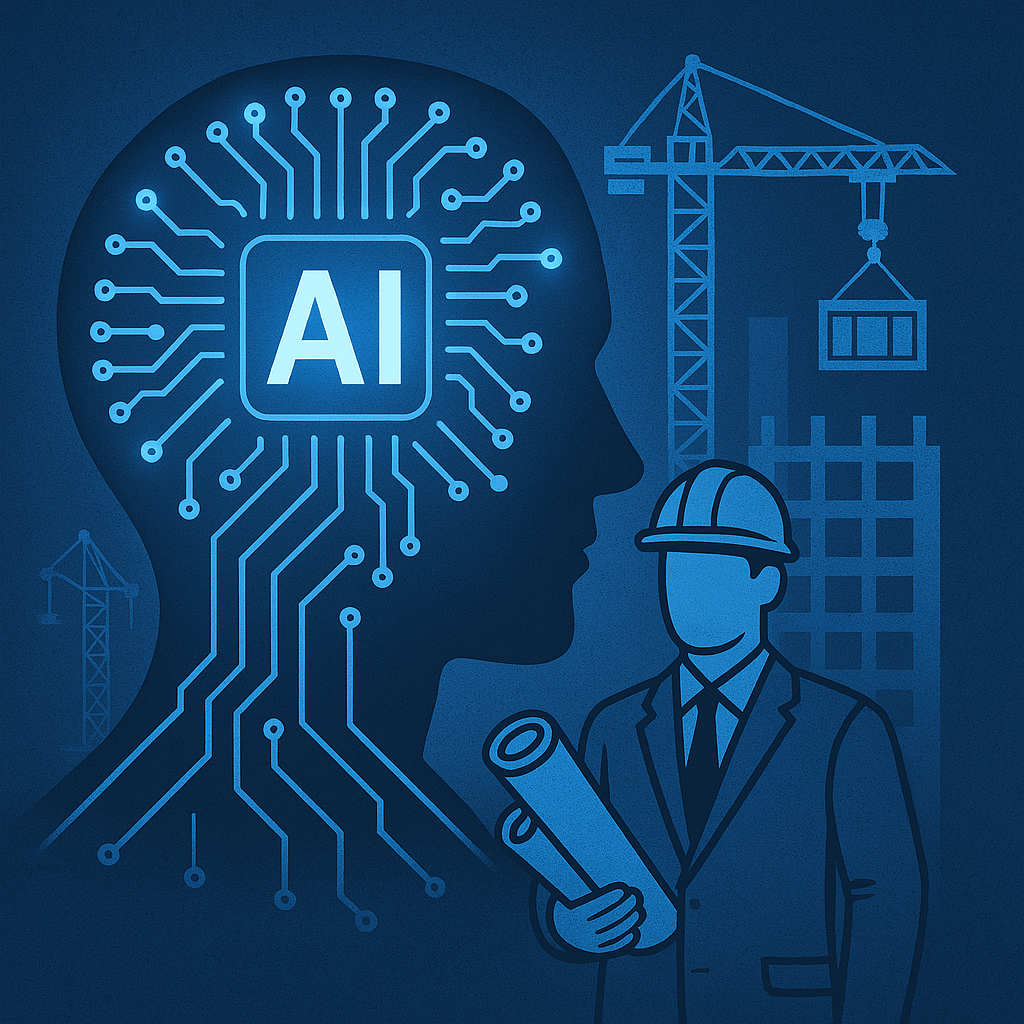AI in Engineering

I. Smart Building Planning & Design
AI Modeling & Simulation: Leverage AI to optimize BIM (Building Information Modeling), predicting material usage, structural stability, energy consumption, and more.
Generative Design: AI generates multiple architectural design solutions based on requirements and constraints, enabling engineers to select the best option.
II. Construction Management & Site Monitoring
Computer Vision Monitoring: AI analyzes live site footage to automatically detect whether workers are wearing safety helmets and identify unauthorized intrusions in construction zones.
Construction Progress Prediction: AI forecasts potential delays using historical data and real-time sensor input, offering adjustment recommendations.
Collaboration with Robotics & Automation: AI coordinates autonomous equipment like drones and excavators for efficient construction operations.
III. Equipment Maintenance & Management
Predictive Maintenance: AI analyzes sensor data to forecast potential equipment failures, enabling pre-scheduled maintenance.
Asset Lifecycle Management: By integrating IoT and AI, engineering assets (e.g., cranes, concrete pump trucks) are monitored for usage, extending their operational lifespan.
IV. Risk Assessment & Quality Control
AI Risk Modeling: Predicts construction risks such as unstable geology or weather changes and helps allocate resources proactively.
Automated Quality Inspection: AI compares construction photos or 3D scans with design blueprints to ensure quality standards are met.
V. Sustainability & Energy Efficiency Design
Energy Simulation & Optimization: AI evaluates lighting, ventilation, insulation, and other design elements to provide energy-saving suggestions.
Carbon Emission Management: AI assesses the impact of building materials and construction methods on carbon emissions, assisting in meeting green building standards.
